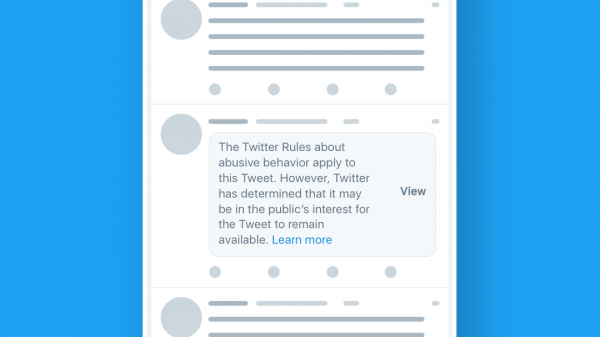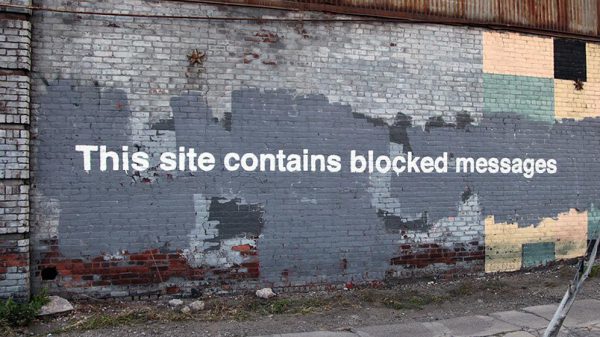After Twitter on Wednesday put out a blog post saying it would only take action on some of the accounts ordered blocked in India by MEITY, the ministry appeared to retreat, and did not say that it demanded the rest of the account blocks it ordered to be enforced, per a lengthy readout of the call published by the ministry. “Secretary [Ajay Prakash Sawhney] expressed his deep disappointment to Twitter leadership about the manner in which Twitter has unwillingly, grudgingly and with great delay complied with the substantial parts of the order,” the ministry said.
The partial compliance with the MEITY orders, which called for several activists’ and journalists’ accounts to be blocked in India, represents an uneasy compromise between Twitter and the government. The government, for its part, demonstrated its uneasiness viscerally, comparing protesting farmers hoisting a Sikh flag at the Red Fort to the storming of the United States Capitol.
Monique Meche and Jim Baker, two US-based Twitter officials, were on the call, and were subjected at length to the Indian establishment’s “free speech, but” interpretation of freedom of expression, and other miscellaneous scoldings on Indian law. In the end, though, the matter appears to have concluded with the status quo prevailing, at least for now.
Twitter declined to comment.
A MEITY official anonymously told to the Times of India that the government was thinking about arresting Twitter executives. Such a move is likely to evoke a response from the US; the White House on Monday said that in a call with Prime Minister Narendra Modi, “President [Joe Biden] underscored his desire to defend democratic institutions and norms around the world and noted that a shared commitment to democratic values is the bedrock for the U.S.-India relationship.”
Govt bodies flock ‘Koo’
As the conflict between Twitter and MEITY raged, the ministry opened an account on Koo, an Indian Twitter copycat. “This move comes as a strategic response as an action against Twitter for not complying with the order for blocking around 257 Tweets and Twitter accounts which were tweeting about farmer genocide,” a Koo press release read, leaving no doubt that the government was sending Twitter a message: comply, or be replaced.
Within days of Koo being set up and having MEITY and other government departments join, French cybersecurity researcher Robert Baptiste discovered that the platform was leaking users’ email addresses, marital status, and gender. Whois data uncovered by Baptiste, who goes by the alias Elliott Alderson (of Mr. Robot fame) on Twitter, also revealed that Koo’s domain name was registered to a Chinese address. What’s more, Koo’s parent company has a Chinese investor, Shunwei Capital, which the company was quick to clarify to Moneycontrol, was having their stake bought out soon.
Also read




















